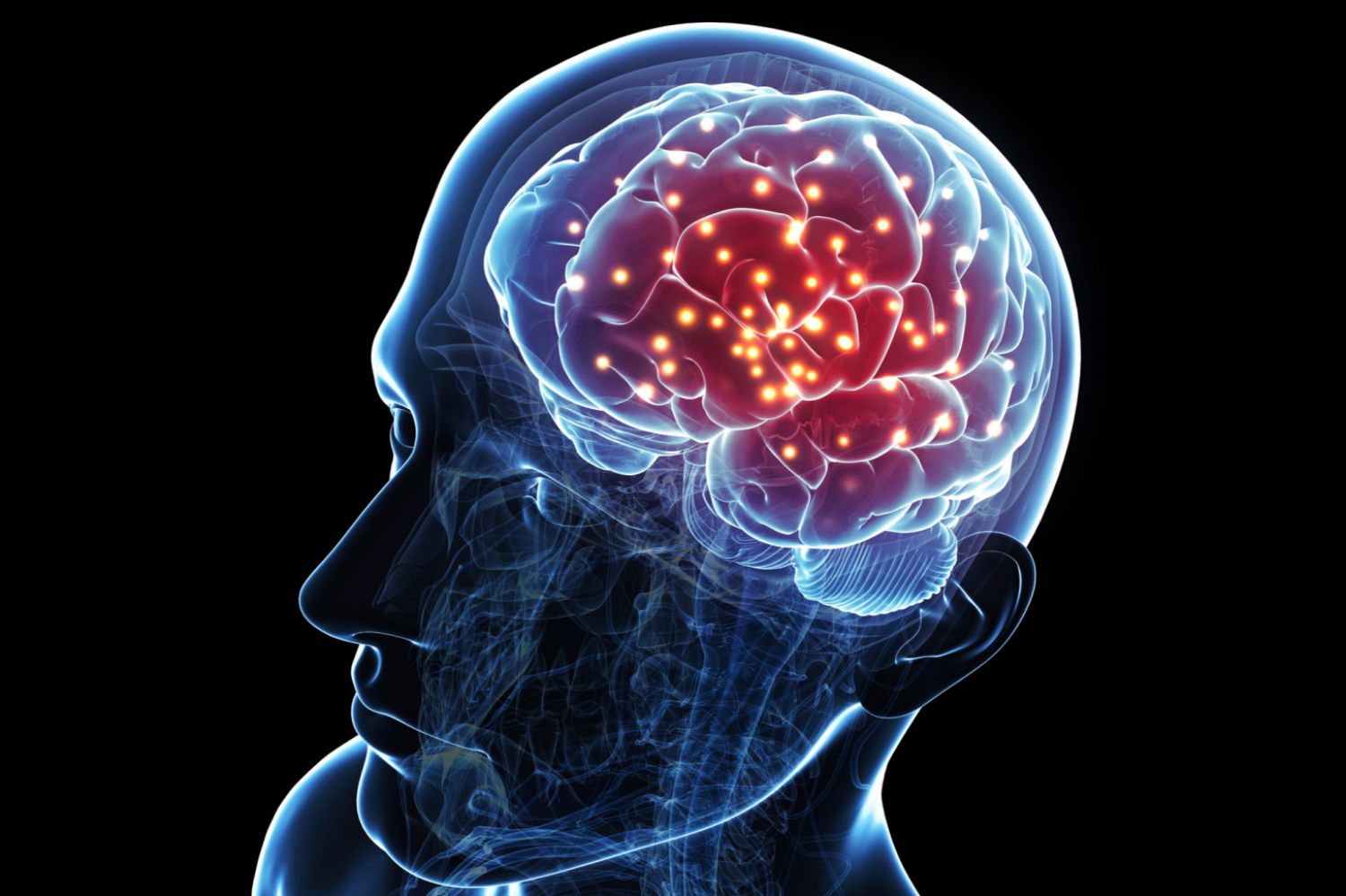Preventing Cognitive Decline: Strategies for a Sharper Mind
Category:

As we age, maintaining cognitive health becomes increasingly important. Cognitive decline, which can manifest as memory loss, difficulty concentrating, or impaired decision-making, is a common concern. However, research suggests that there are several proactive steps individuals can take to help prevent or slow down cognitive decline. Here’s a guide to keeping your mind sharp and your brain healthy as you age.
1. Engage in Regular Physical Exercise
Physical activity isn’t just good for your body; it’s also beneficial for your brain. Temecula, Murrieta, and Menifee are overall great for regular outdoor exercise because of the climate. However, the summers can be a bit hot. Exercise increases blood flow to the brain, which helps support cognitive function and reduces the risk of cognitive decline.
What to Do: Aim for at least 150 minutes of moderate-intensity exercise per week, such as brisk walking, cycling, or swimming. Incorporate strength training and balance exercises to enhance overall physical health.
2. Maintain a Healthy Diet
A nutritious diet plays a crucial role in brain health. Diets rich in fruits, vegetables, whole grains, and lean proteins can provide the essential nutrients needed for cognitive function.
What to Eat: Focus on foods high in antioxidants, such as berries and leafy greens, and those rich in omega-3 fatty acids, like salmon and walnuts. The Mediterranean diet, which emphasizes healthy fats, whole grains, and vegetables, is often recommended for brain health.
3. Keep Your Mind Active
Mental stimulation is key to maintaining cognitive function. Engaging in activities that challenge your brain can help improve memory and cognitive abilities.
What to Do: Pursue hobbies that require mental effort, such as puzzles, chess, or learning a new language. Reading, writing, and playing musical instruments are also great ways to keep your mind sharp.
4. Establish a Routine and Stay Organized
Routine and organization can reduce stress and cognitive load, which may help in maintaining cognitive health.
What to Do: Create daily routines and use organizational tools like planners or apps to keep track of important tasks and appointments. Establishing a regular schedule for activities and relaxation can also help maintain cognitive function.
5. Cultivate Social Connections
Social interaction is more than just enjoyable; it’s also essential for cognitive health. Engaging with others can provide mental stimulation and emotional support, which are important for overall brain function.
What to Do: Maintain regular contact with friends and family. Join clubs, attend community events, or participate in group activities to foster social connections and mental engagement.
6. Get Quality Sleep
Good sleep is critical for cognitive health. Sleep plays a role in memory consolidation and overall brain function.
What to Do: Aim for 7-9 hours of quality sleep per night. Establish a regular sleep routine, create a comfortable sleep environment, and avoid stimulants like caffeine close to bedtime.
7. Manage Stress
Chronic stress can negatively impact cognitive function and overall brain health. Finding effective ways to manage stress is important for maintaining cognitive health.
What to Do: Practice stress-reduction techniques such as mindfulness, meditation, or yoga. Engage in relaxing activities and ensure you have time for hobbies and leisure.
8. Stay Mentally and Physically Active
Combining physical and mental activities can provide comprehensive benefits for cognitive health.
What to Do: Participate in activities that combine physical movement and mental challenge, such as dancing or tai chi. These activities can improve both physical fitness and cognitive function.
9. Avoid Harmful Habits
Certain lifestyle habits can negatively impact cognitive health. Avoiding these can contribute to better brain health.
What to Do: Limit alcohol consumption and avoid smoking. Both substances can have detrimental effects on cognitive function.
10. Regular Health Check-ups
Regular check-ups with healthcare providers can help manage chronic conditions that might affect cognitive health, such as diabetes or hypertension.
What to Do: Schedule regular health screenings and follow your doctor’s recommendations for managing any health conditions.
Conclusion
Our goal at Griswold Home Care of Greater Temecula is assist, whenever possible, to prevent cognitive decline. If we can help clients engage in physical exercise, have a balanced diet, engage in mental stimulation, encourage social engagement, and encourage overall healthy habits. By incorporating these strategies into your daily life, you can support your brain health and enjoy a sharper, more active mind as you age. Remember, it’s never too early or too late to start taking care of your cognitive well-being. Your future self will thank you! To learn more about how we can help take care of you or a loved one, please visit our website: Greater Temecula Providing Caregivers | Griswold (griswoldcare.com) or call/text us at 951-346-1352.
Subscribe
Date: August 2, 2024
Category:


